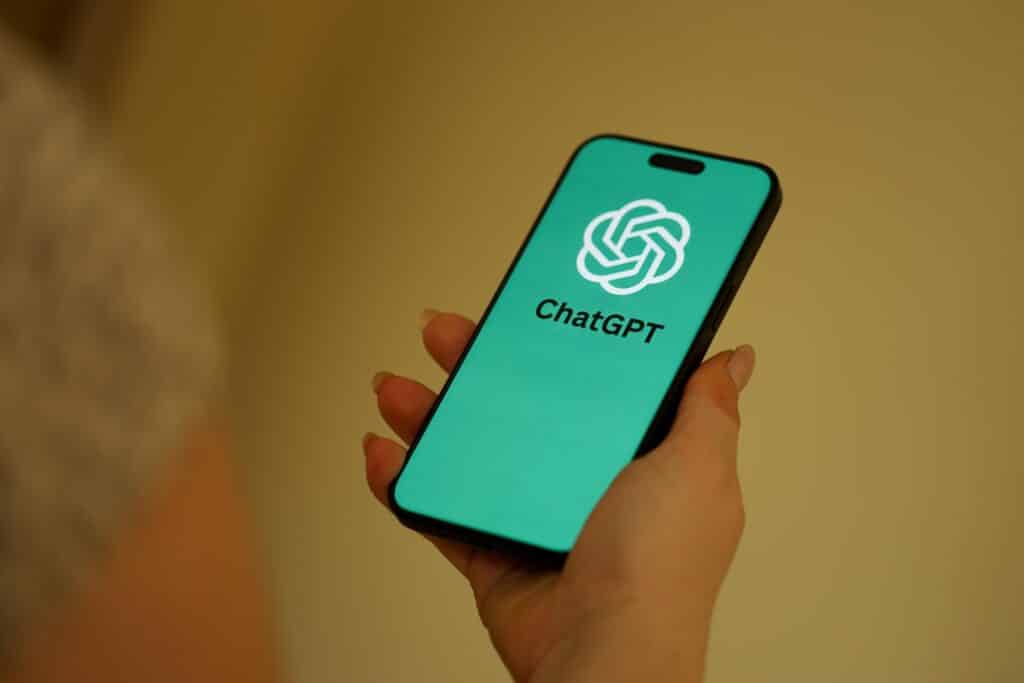Uzbekistan’s Muslim leaders warn against using ChatGPT for religious guidance

The Muslim Board of Uzbekistan, the country’s central Islamic authority, has warned against using ChatGPT to seek answers to religious questions, according to the Gazeta.uz news outlet.
Controversial counselor
«ChatGPT can benefit people in some areas,» the board said in a statement. «But it is not capable of providing proper answers to religious questions, as it is a product created by human beings.»
The board raised concerns that the chatbot may occasionally offer presumptive or inaccurate answers, sometimes citing religious texts or Arabic phrases that cannot be found in the referenced sources.
«The quotes it provides are not found in the mentioned books or other reliable sources of fiqh (Islamic jurisprudence). Therefore, Sharia-related guidance should come from qualified theologians and scholars,» the statement said.
The board also emphasized the importance of knowing the source of religious knowledge — specifically, that believers should be aware of exactly where and from whom they receive information.
It may falter in language as well
ChatGPT can be misleading not only in religious matters but also in linguistic ones. In mid-June, media reports indicated that an activist in Kyrgyzstan had raised concerns over ChatGPT confusing the Kyrgyz language with Kazakh.
According to Kyrgyz Wikipedian Chorobek Saadanbekov, when users make requests in the Kyrgyz language on ChatGPT, the system sometimes inserts Kazakh words in its responses. This happens because the ChatGPT training database contains significantly more text and vocabulary in Kazakh than in Kyrgyz. As a result, when the system cannot find the necessary data in Kyrgyz, it automatically substitutes Kazakh words.
Most artificial intelligence (AI) models are trained predominantly on English data. As a result, their performance tends to be strongest in English and other high-resource languages, i.e., those spoken by large populations and widely used online. In contrast, expect more errors and inconsistencies when using AI tools in less-represented languages.
ChatGPT is an AI-powered language model developed by OpenAI. It can understand human language, answer questions, generate text, translate, explain information and offer advice on a wide range of topics.
In April 2025, OpenAI CEO Sam Altman said that ChatGPT is used by about 800 million people worldwide, roughly one in 10 people on the planet.
In late May, reports revealed that OpenAI had officially registered as a VAT payer in Kazakhstan.


